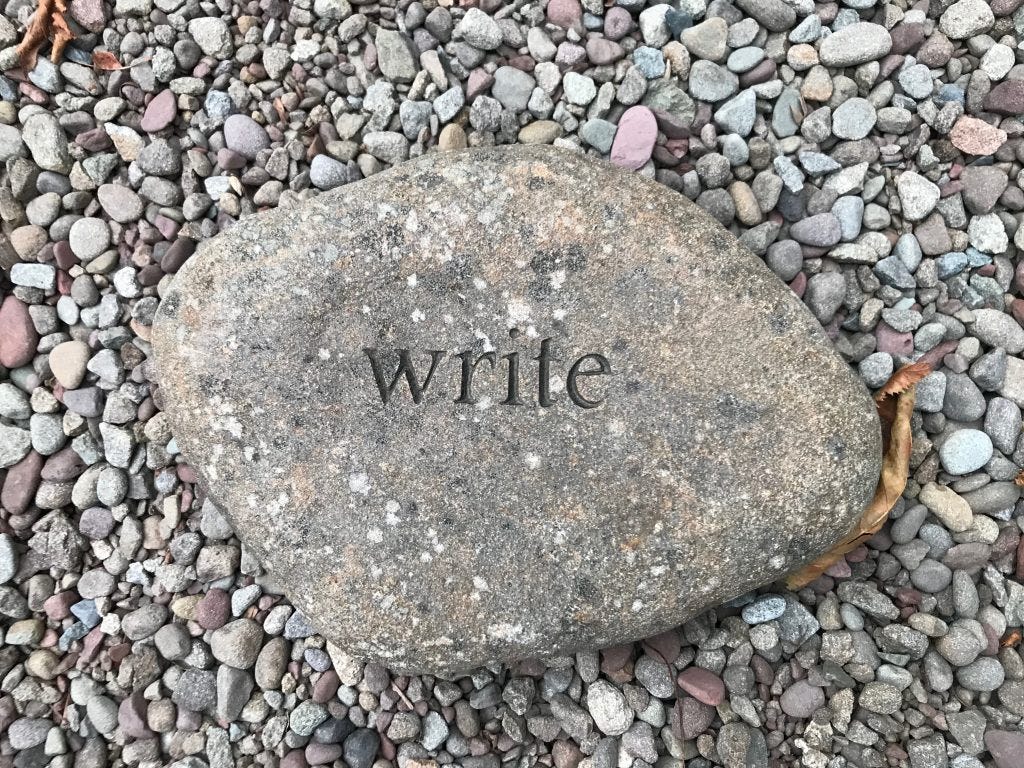Plot, PoV and Agenda. Or: Is This Your Story to Tell?

I think this week was the tipping point. At least for me.
Last week, fellow PubCrawl contributor Patrice Caldwell and I were at the amazing Highlights Foundation, teaching (with agent Linda Camacho and author Linda Sue Park) a workshop on representing responsibly.
It's something I talk about frequently -- as member of We Need Diverse Books and the co-founder of CAKE Literary, but especially as a brown writer with brown children who still struggle to find themselves on the page and screen. The workshop's intent was to focus on how to approach your work so that you do the due diligence required to create careful, thoughtful, well-seasoned and well-crafted representations -- whether you're writing from within your community or writing about one you're not a part of.
The session was amazing -- probably about 80 percent of the students were PoC or from other marginalized communities, but all of them were thoughtful and reasoned in their approach.
But an incident intruding from the outside world burst our Highlights bubble a bit. And it drove home the concept Patrice and I were centering in our approach from the beginning: the idea of agenda.
Let me start with this: I'm not telling you what to write. Or what not to write. You have the freedom to do what you please. (At least for now.) But what I'm saying to think about why you want to write a particular story, especially if you're writing about a community that's not your own.
What are you trying to say about that community? And will it be helpful? Or hurtful?
Everything we write has an agenda, whether we realize it or not. And it's critical to think about YOUR agenda when writing about communities who are still struggling to find representations of themselves in books and media. Especially for children.
As Patrice declared on Twitter this week, we challenged our students. Questioned them. Asked them about the stories they wanted to tell. And especially asked them why. Specifically when it came to writing outside of their own experience. But even when they were writing from within a community.
The word I brought up repeatedly was agenda. It seems all fired up, like a challenge, a call out -- and it often gets a lot of pushback. But it's a pretty basic question to ask.
Everything we write -- whether we're analyzing the why or not -- is rooted in our person worldview and agenda.
AGENDA: WHAT are you trying to say about the community you're representing (whether it's your own or not? And WHY are you trying to say it?
I always recall the moment this crystallized for me. I was having a conversation with writer and teacher Swati Avasthi (hi Swati!) and she told me about this incident she had with a former (not Indian) student, who was really excited to work with her on this story she percolating for a while -- a story about a South Asian girl and her experience with arranged marriage.
Swati paused, and carefully asked the student about the WHY. Why was she the right one to tell this story? And why did she want to? Well, the lady said, with good intentions, of course, someone had to address the injustice of it all.
Yes, arranged marriage can be a staid, sniffling, and sometimes unjust institution. God knows I've ranted against it plenty of times. But it is a deeply rooted cultural institution and practice, and guess what? It has worked for centuries, in many cultures, and some people -- even women -- think it's a practical, safe, and worthy way of finding a mate, especially in communities where it's considered that families marry as much as the couple.
But the student, coming from outside of the community, couldn't see any of that. She could only see her white feminist "save the oppressed brown women" agenda. Swati talked her through it, demonstrating how her particular worldview and agenda probably didn't make her quite the right person to write that story. And who knows, maybe the woman put it aside, or maybe she plowed forward. After all, she had good intentions.
But you know what they say about the road to hell and good intentions, right?
In publishing (and other facets of life), good intentions are just not enough. You need to ask yourself the why and figure out your agenda. Is your take going to help or harm this community?
And, significantly, it must be said -- as much as people hate to hear it: Your book about a certain community may become the book about that community. You may be taking a seat at the table that will, in fact, mean someone from that community doesn't get to claim one. Because sadly, the "one and done" concept can still exist in publishing when it comes to representing marginalized voices. "We already have our Asian fantasy." "We already have our romance with kids of color." "We already have a book with a disabled character." "Queer book locked in, no need for another." The danger of a single story still looms, perhaps larger than ever. As an author and book packager, I've seen it time and again, and its hardly been eradicated.
So what have I been rambling on about for nearly 900 words? The bottom line: consider the what and why of your agenda as you dig in to tell your stories -- whether your writing from within your own experience, but especially when you're treading unfamiliar territory.
